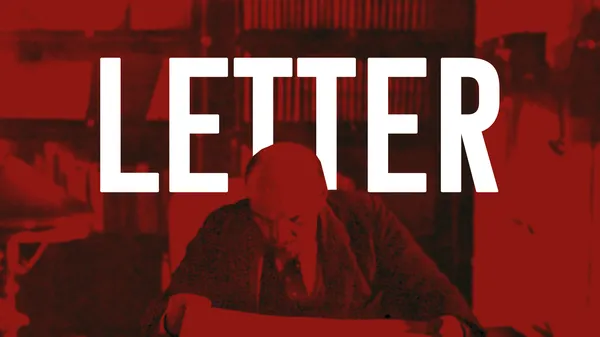While I applaud the recent attempt to give a political analysis of the Halloween films, I take issue with how this analysis is not supported by any of the text of John Carpenter’s original film. Contrary to the assertions that the original film is a left-leaning parable, the actual politics of Halloween, are fairly reactionary, even if this was likely not John Carpenter’s intention. In a 1981 interview about Halloween with Starlog, Carpenter stated “I’m just out to make a good film,” undercutting any claims that the slasher is a political polemic.
When analyzing Halloween’s politics, viewers should pay attention to Michael Myers’ costuming. Myers wears a mechanics uniform while he attacks a lily-white Midwestern suburb. This is a clear visual representation of middle-class fears that working class people will wreak senseless violence upon them if given the chance. Viewers should also look at how psychiatry and mental health are treated in the film. Halloween represents a retreat from the idea that people in mental hospitals can be or ought to be treated. Myers’ physician has diagnosed him with no existing mental illness, instead calling him “evil”. In fact, we never see Dr. Loomis perform any tasks associated with being a doctor. Instead, he functions like Charles Bronson or Clint Eastwood with a Doctorate, determined to kill the quasi-supernatural Michael Myers.
Some of the discussion on the plot of the film makes me wonder if the reviewer was paying close enough attention to the film’s plot. Michael Myers is not released from the hospital by “venal and corrupt elites” nor is he released due to budget cuts to the state mental hospital. Instead, he escapes while awaiting transfer to a court hearing. Furthermore, the film’s assertions that Myers’ evil is mystical in nature reject the progressive ideas that science and reason can prevent or contain violence. Halloween tells viewers that the “rational” world is no defense against evil.
Upon reading reviews like this, I worry that those of us on the Left are incapable of viewing or analyzing art with politics contrary to our own. Conservative and yes, reactionary, art exists and some of it can even be enjoyable. We should not let our own political commitments override our own critical ability.
-Hank Kennedy
Liked it? Take a second to support Cosmonaut on Patreon! At Cosmonaut Magazine we strive to create a culture of open debate and discussion. Please write to us at submissions@cosmonautmag.com if you have any criticism or commentary you would like to have published in our letters section.
